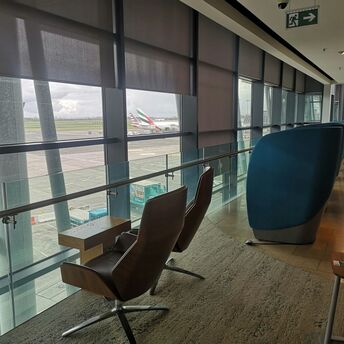Rail Disruptions Pose Challenges for Travelers Amid RMT Strike

The planned RMT strike on Sunday, 16 February, is set to cause major disruptions for passengers traveling with Avanti West Coast. With a significantly reduced timetable, only a handful of services will operate between London Euston and key cities, including Birmingham, Manchester, Liverpool, and Preston. Limited connections will extend to Glasgow, while destinations such as North Wales, Blackpool, and Edinburgh will be left without service for the day.
Due to the restricted schedule, trains are expected to be overcrowded, and operating hours will be shorter than usual. The first service from London Euston will depart just before 09:00, while the final departure is scheduled around 17:00. To mitigate the inconvenience, Avanti West Coast is allowing ticket holders for 16 February to travel between 14 and 18 February, or to claim a full refund if tickets were purchased before 17 December.
Public transit is increasingly being impacted by rail strikes and this causes inconvenience to the people who depend on it for either business or fun. The pain, for those of us who must travel at specific moments in time — airport transfers or the very imperative that is your career. The hunger for alternative services on the majority of routes will make passengers pay more or run themselves into entirely separate and expensive or lengthy dead-ends (long-distance buses, private hire vehicles) to achieve the date of journey.
To minimize travel disruptions, passengers should consider alternative transportation in advance, such as intercity bus services or domestic flights where available. Keeping up to date with real-time travel alerts and planning additional buffer time for potential delays can help manage the impact of these strikes. Travelers who must reach their destinations on 16 February should explore flexible ticketing options or even reschedule their plans if feasible.
While labor disputes continue to plague the rail industry, travelers must be flexible and proactive. Greater frequency of industrial action underscore the need for contingencies when public transport is the answer. Whether for business or pleasure, the common lesson that is inexorably imparted to rail passengers is this: Stay informed, have a Plan B and brace yourself for more rail network disruption.



















